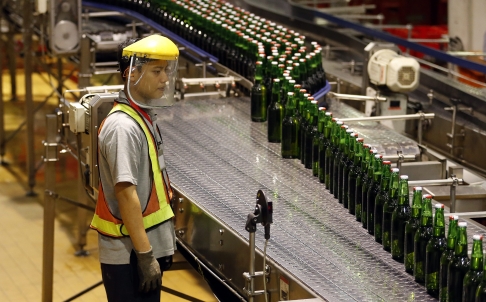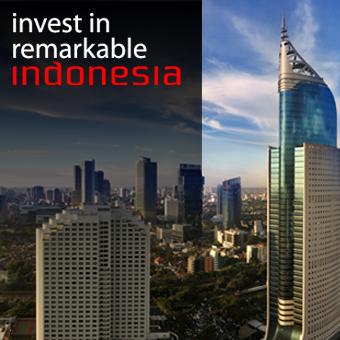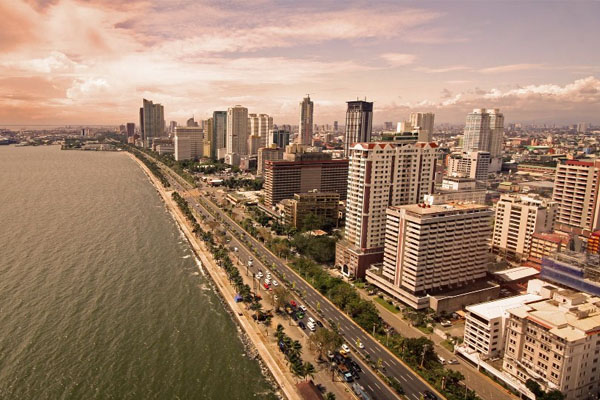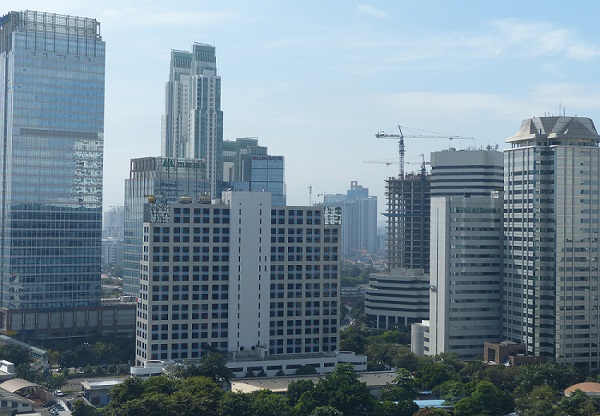ข่าวสารกลุ่มประเทศอาเซียน
Ottawa keen to boost trade and investment in the Philippines
15 พฤษภาคม พ.ศ. 2558When a typhoon struck the Philippines in November, 2013, Ottawa’s response was swift. Aid packages were approved within days and Canada’s Disaster Assistance Response Team – currently deployed in Nepal – was sent to open blocked roadways and help provide clean drinking water. Months later, the federal government named the Philippines one of its top long-term recipients of foreign aid.
Ottawa’s mounting interest in the Southeast Asian country appears to coincide with the recognition that Filipinos make up a significant and growing proportion of the Canadian population. Long stereotyped as nannies and fast-food workers, Filipinos have become an integral part of Canada’s wider labour market, with many finding employment in a broad range of professional occupations.
A visit this week by Philippine President Benigno Aquino will give the Conservative government an opportunity to burnish its ties with members of the Filipino-Canadian community ahead of a federal election that’s scheduled to take place this fall. After a stop in Ottawa on Thursday, Mr. Aquino will travel to Toronto and Vancouver, two Canadian cities with large Filipino populations.
Carmelita Tapia, president of the Southeast Asia Canada Business Council, said many Filipino-Canadians are looking forward to a visit from a leader who has focused on tackling corruption and building his country’s economy. However, those efforts – and Mr. Aquino’s popularity – have been overshadowed in recent months by a controversy involving the deaths of 44 armed forces members during military operations in the central Philippines.
The Philippine President will attend a state dinner at Rideau Hall with Governor-General David Johnston in Ottawa on Thursday, and will travel to Toronto the following day where he will participate in a business roundtable and community reception. He will fly to Vancouver on Saturday, where local Filipino associations expect him to hold a reception at the city’s Pan Pacific Hotel.
An estimated 800,000 people in Canada identify as Filipino, according to the federal government, making Filipinos one of the largest non-European ethnic groups in the country. Those numbers are widely expected to grow: During the past several years, the Philippines has been at or near the top of a list of main source countries for immigrants to Canada.
Conservative Tobias Enverga, Canada’s first senator of Filipino descent, said many people have a false impression of who Filipino-Canadians are. “I normally tell people that we are not just nurses, nannies or caregivers,” he said in an interview. “We are also leaders in the country.”
Mr. Enverga said he is seeing a growing number of Filipino-Canadians putting their names forward in nomination battles or running for school boards or municipal governments. “It’s a sign that people are getting to be more assertive in the community,” he said.
Philip Kelly, a professor at York University who studies Filipino labour and migration, said that although immigrants from the Philippines have long dominated Canada’s live-in caregiver program, many arrived through different channels.
Some Filipino-Canadian organizations said they hope Canada’s controversial temporary foreign worker program will be on the agenda when Mr. Harper and Mr. Aquino meet. Others condemned the visit entirely, saying, in part, that Mr. Aquino’s reliance on remittances to bolster the country’s economy has contributed to the exploitation of Filipinos who are working abroad.
Filipino-Canadians send billions of dollars in remittances to family members and friends in the Philippines, a pattern that has a significant impact on the Southeast Asian country’s economy.
Ottawa is keen to boost trade and investment with the Philippines and demonstrate its broader interest in the region. The Conservative government may also see the visit as a chance to build support, though experts say the Filipino community is far from united on political issues.
Aprodicio Laquian, a professor at the University of British Columbia, said Filipino-Canadians have widely divergent views and are unlikely to vote as a block.
“It’s worthwhile on the part of the political parties to court them,” he said, “but it’s not that easy.”
-

Boost for Widodo as investment in Indonesia picks up to record
18 พฤษภาคม พ.ศ. 2558 -

Baidu Inc (ADR) Boosts Investment In Indonesia
19 พฤษภาคม พ.ศ. 2558 -

PHL aims for "A" rating as S&P maintains investment grade
20 พฤษภาคม พ.ศ. 2558 -

Domestic & Foreign Investment in Indonesia on the Rise in Q1-2015
21 พฤษภาคม พ.ศ. 2558

